Water Babies: The business of teaching babies to swim
The Water Babies franchise has grown in size and scope, opening its first dedicated swimming centre this year in China. Steph Eaves speaks to the team about the business of teaching babies to swim.
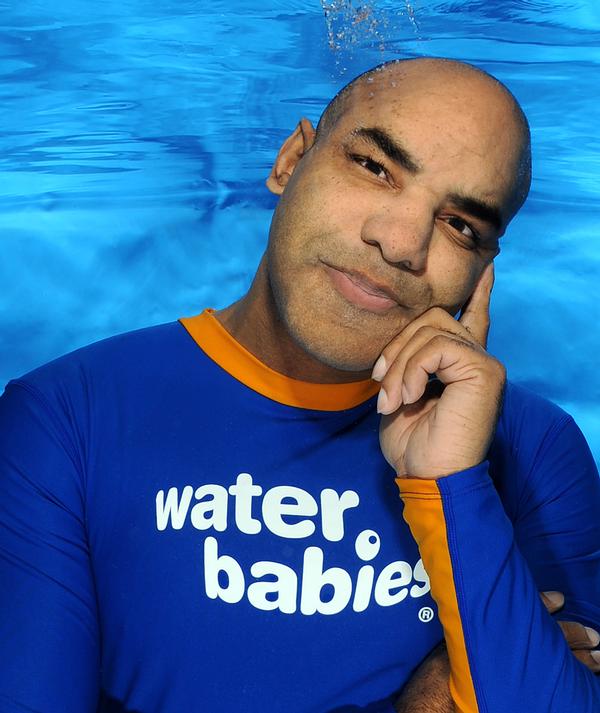
In Britain, 45 per cent of children between the ages of seven and 11 are unable to swim 25 metres unaided, according to the Amateur Swimming Association’s (ASA) 2014 School Swimming Census. Meanwhile, drowning has been identified by the Royal Lifesaving Society as the third highest cause of accidental death in children.
On a mission to change these statistics is the team behind Water Babies, the swimming programme that gives babies and toddlers the skills they need to survive in and develop a positive relationship with the water.
The company, which started in 2002, has grown into the world’s largest baby swim school, with a network of franchisees across the UK, Ireland, The Netherlands, China, New Zealand, Canada and soon Germany. The model has proven so successful that the team opened its first dedicated swimming centre in Xi’an, China this year, and plans to roll out more facilities in the UK and other countries in the coming years.
Water Babies co-founder Paul Thompson is proud of how the business has grown during the last 14 years.
“We’ve experienced phenomenal growth,” he says. “From a standing start in 2002 we now teach 50,000 babies and toddlers a week through a network of 66 franchise outlets operating in seven countries.”
“We worked hard to develop a swimming programme based around child development milestones that was fun, progressive and inclusive to all. Quality is at the heart of our programme from the way we train our teachers to the detail that goes into every single class.”
Safety first
The idea for Water Babies was conceived in 2000, when Thompson took his young daughter, Imani, to swimming classes and felt that the experience could be enhanced and made more accessible. He created a programme that allows infants to progressively learn water skills in line with their physical, mental and emotional development.
“The aim is initially to teach water confidence and then ultimately independent swimming, which Water Babies can do in their second year,” he explains. “There are a plethora of sophisticated skills that we teach across our programme but a key plank of our course is that we work with the parents and carers. They are in the water with their little ones acting as assistant teachers. We call this 'teaching you to teach your baby to swim' – it creates an amazing bond and builds confidence in them both.”
For some parents, the thought of putting their brand new baby in a pool might be daunting, but Paul is quick to point out that, far from being dangerous, teaching your child to swim might just end up saving their life.
“A major reason people get into difficulty when they fall into water is the shock. A key skill we practice is bringing babies into the water on their side, so that this sensation no longer feels strange or takes them by surprise, meaning that in an emergency situation they are more likely to be able to use the skills they have learned to keep themselves safe. As they get older we progress into moving to a place of safety and climbing out. We have numerous stories from families whose little ones have saved themselves in this way.”
Lifelong benefits
Lessons have been designed to include songs and games, often ones that babies and parents will be familiar with. Babies can start swimming from as young as one day old, but usually begin around six weeks. While babies have natural reflexes for a short time after birth that prevent water from entering their lungs, the programme trains them to control their breathing before the reflex is stimulated, ensuring they learn lifelong skills.
As well as the very obvious safety benefits, Paul explains that there are many other important reasons to begin swimming lessons at such a young age.
“We recently completed a research study with Manchester University which shows that babies’ cognitive and physical development is accelerated through our programme,” he says. “Other work that we’ve done shows that Water Babies maintain physical activity as a core part of their lives at a significantly higher percentage than the national average. This is particularly important in the modern fight against obesity and diabetes.”
To provide children with the greatest benefits, Paul and the team are constantly updating the programme to utilise the most up-to-date methods of delivery.
“We continually work to make our programme as inclusive as possible,” he says. “For example, we’ve recently started using sign language in our classes, both to cater for carers and babies with hearing impairments and also to help little ones communicate sooner, by using gross motor skills.”
In its 14 years of operation, the business has grown to become an international success, being named 2016 Franchisor of the Year by the British Franchise Association. The offer now includes underwater baby photography and an aquatic pre- and post-natal program called WaterBumps. The team has also decided the time is right to move into the creation of dedicated swimming centres, with the first – in China – proving popular.
“We felt it was time to create dedicated environments for what we do,” says Paul. “Nationally we have more clients on waiting lists – over 60,000 – than we do in classes. This move will enable us to offer our classes to more people. The doors of our Xi’an centre opened in June and already we’re already approaching 300 clients.”
Managing director of Water Babies Steve Franks believes the new facilities venture will have a huge impact on the state of swimming in the UK.
“There’s a decreasing stock of swimming pool facilities in the UK and we’re aiming to reverse that trend,” he said. “We’re working with internationally-renowned architects and also with retail psychologists to deliver a premium aquatic experience for our customers.
“Building new facilities will not only make a massive difference to our network of franchise businesses which are dependent on hiring pools, but it will also change swimming in the UK. We’re as alarmed as anyone that only half of primary school-aged children can swim 25 metres unaided and that obesity levels are rising,” he says.
“By building new pools and putting baby and toddler swimming centres on the high street, we can enable more children in their early years to learn life-saving skills in a fun environment and put them on a pathway towards regular physical activity.”
People and passion
The plans don’t end there for Water Babies. Paul and the team have big goals for the business and they intend to see them through to reality. Their strategic plan includes centres being rolled out across the UK and internationally and – in the future – the creation of an academy, a new HQ and a training centre.
Paul credits Water Babies’ enormous success to two things – people and passion.
“We are a very people-focused company – we have created an environment where everyone knows they can succeed and contribute. Everyone genuinely believes in what we do and cares about it. Which leads us to passion – it is literally everywhere in the company, we are all incredibly passionate about what we do and this seeps all the way down to our little ones in the pool.”
At the heart of the Water Babies programme is the ethos of “teaching you to teach your baby to swim,” says Paul. “We strongly believe that every child should be able to swim because it is such an important life skill, as well as a lot of fun.”
What it takes to be a Water Babies teacher
Paul Thompson believes Water Babies teachers are “the best trained in the world”.
The team has worked with the ASA to develop a new Level 3 teacher qualification, which is the only nationally-recognised diploma in baby swimming. It takes 340 hours of training (longer than it takes to get a private pilot licence) which is broken into three main parts:
- Theory
- Pool-based skills training
- Teaching real classes under assessment
Part of the training involves learning to read babies’ and toddlers’ reactions in minute detail, including recognising the different crying tones. Once qualified, Water Babies teachers undergo continual assessment and professional development.

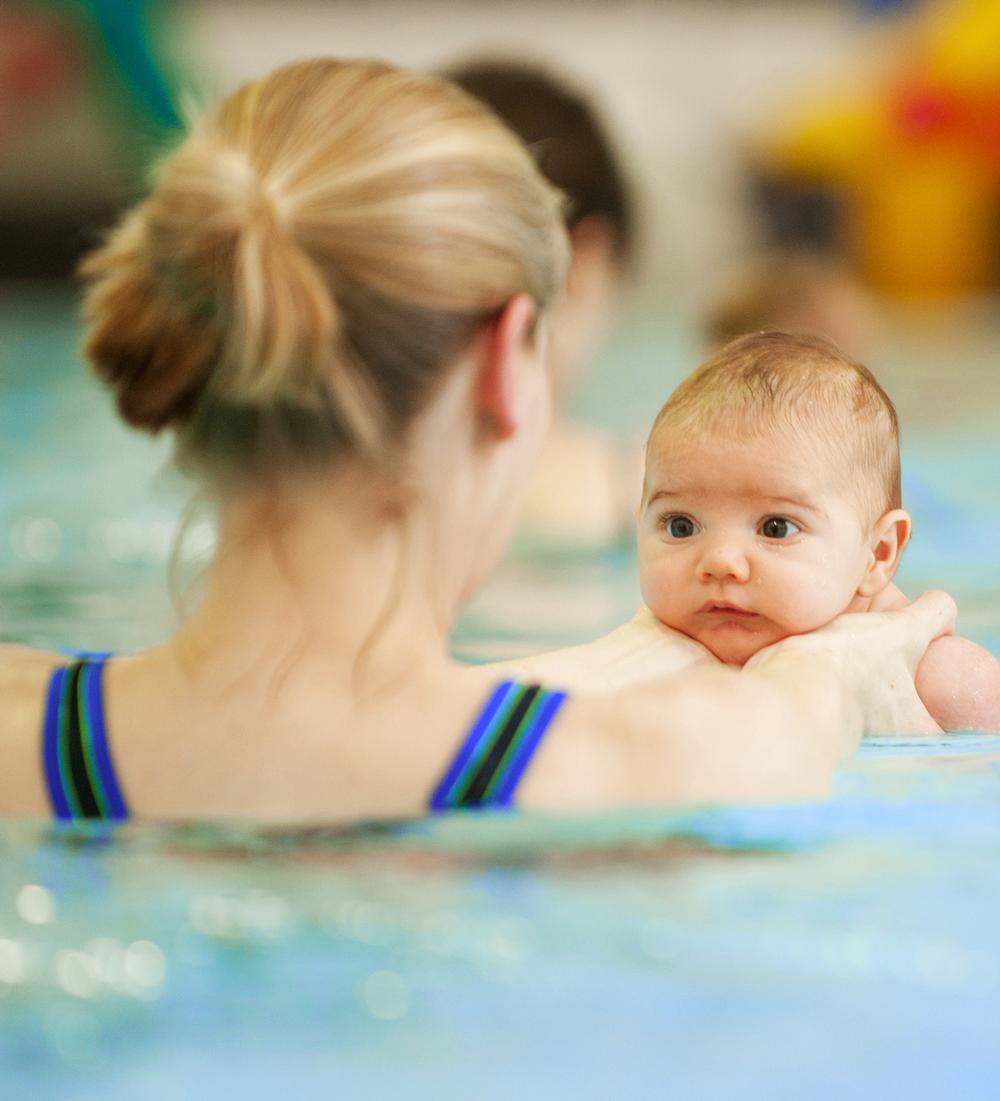
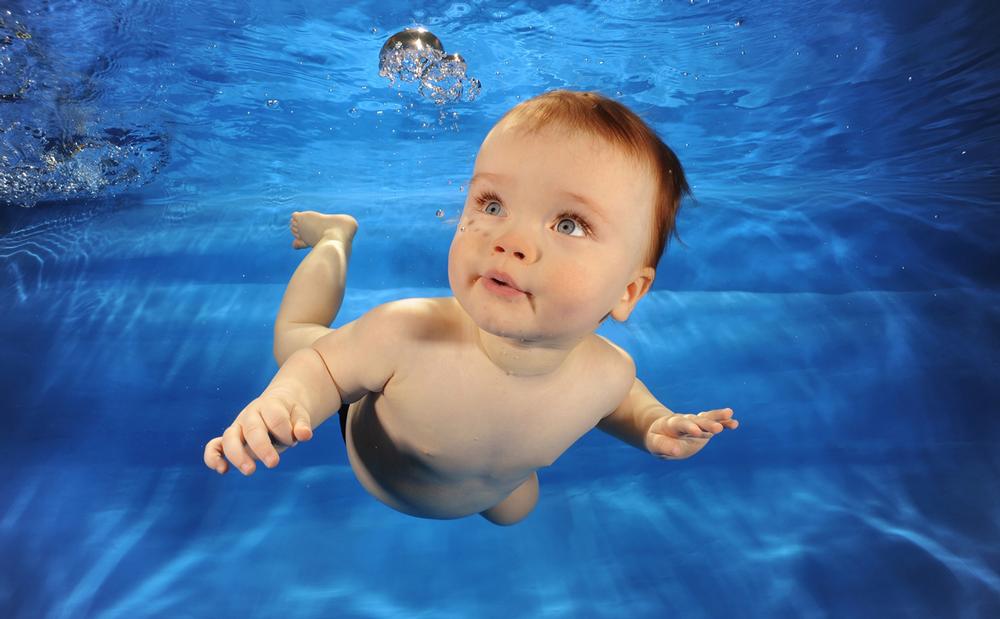
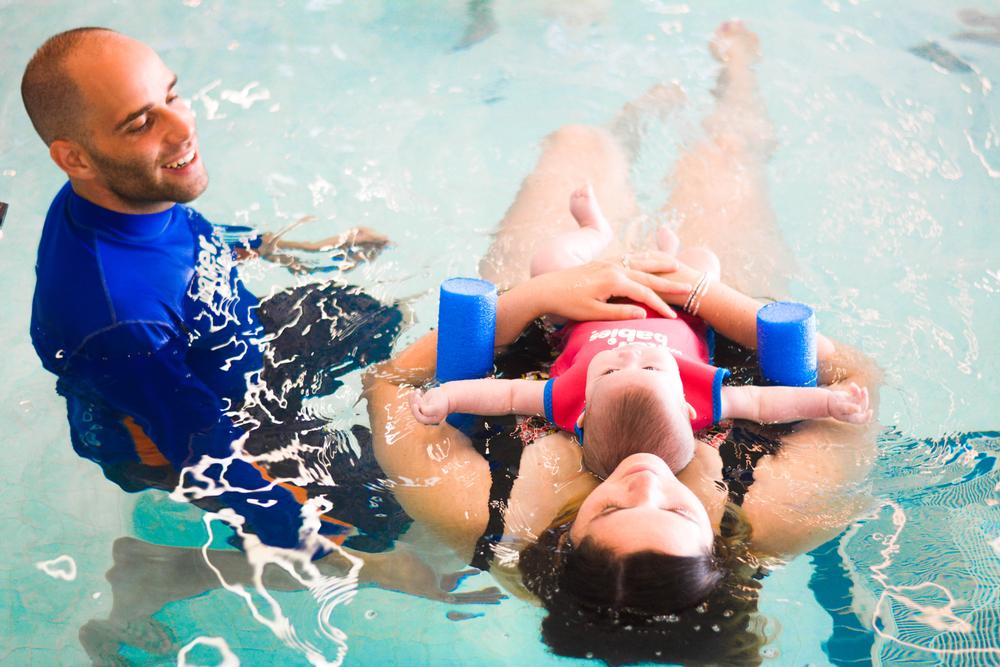
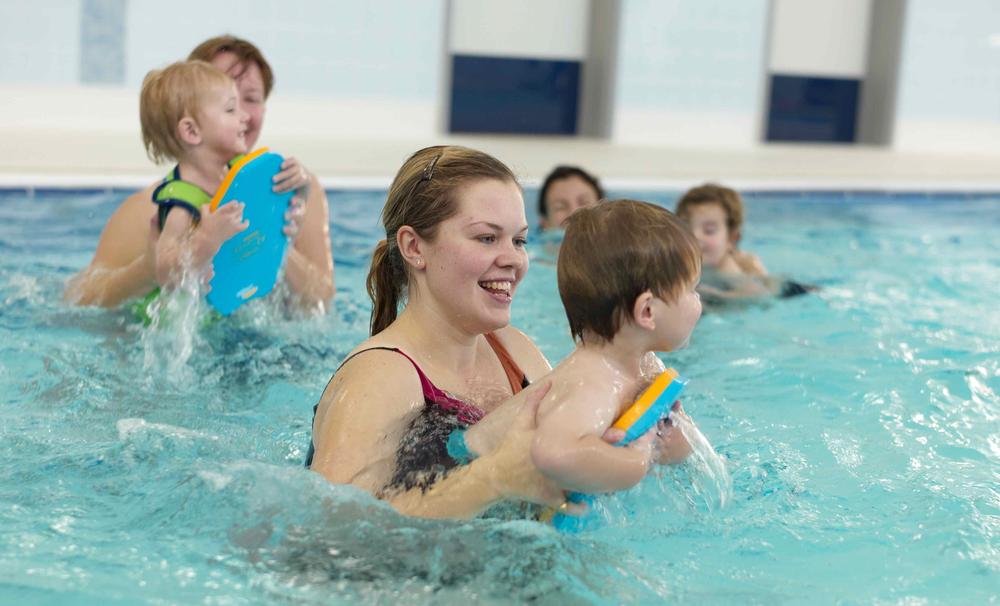
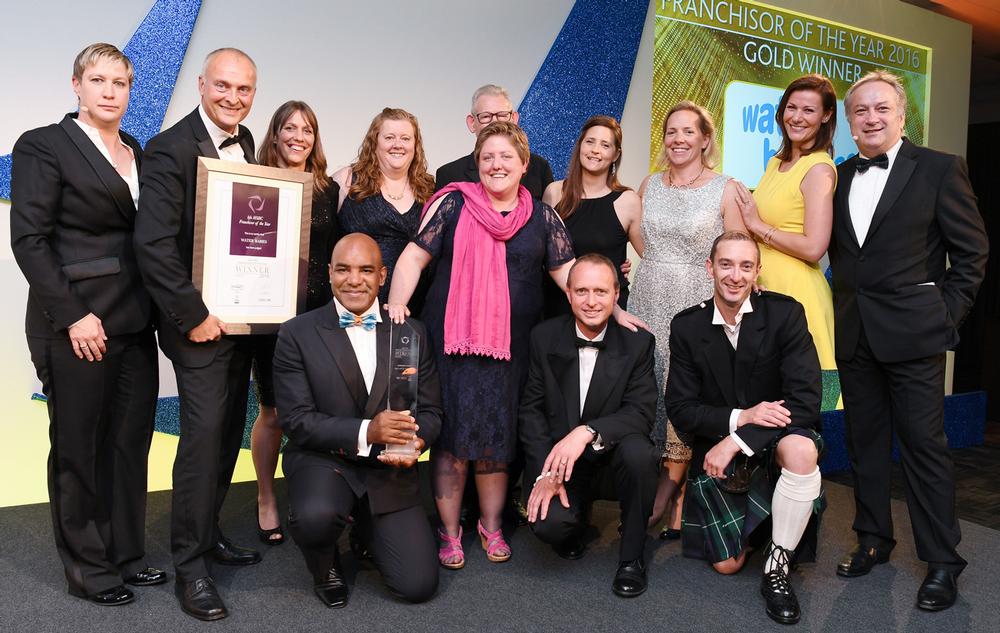
Recreation Assistant
Duty Manager (Dry)
Swim Teacher
Swim Teacher
Chief Executive Officer, Mount Batten Centre
Swim Teacher
Swimming Teacher
Swimming Teacher
Company profile
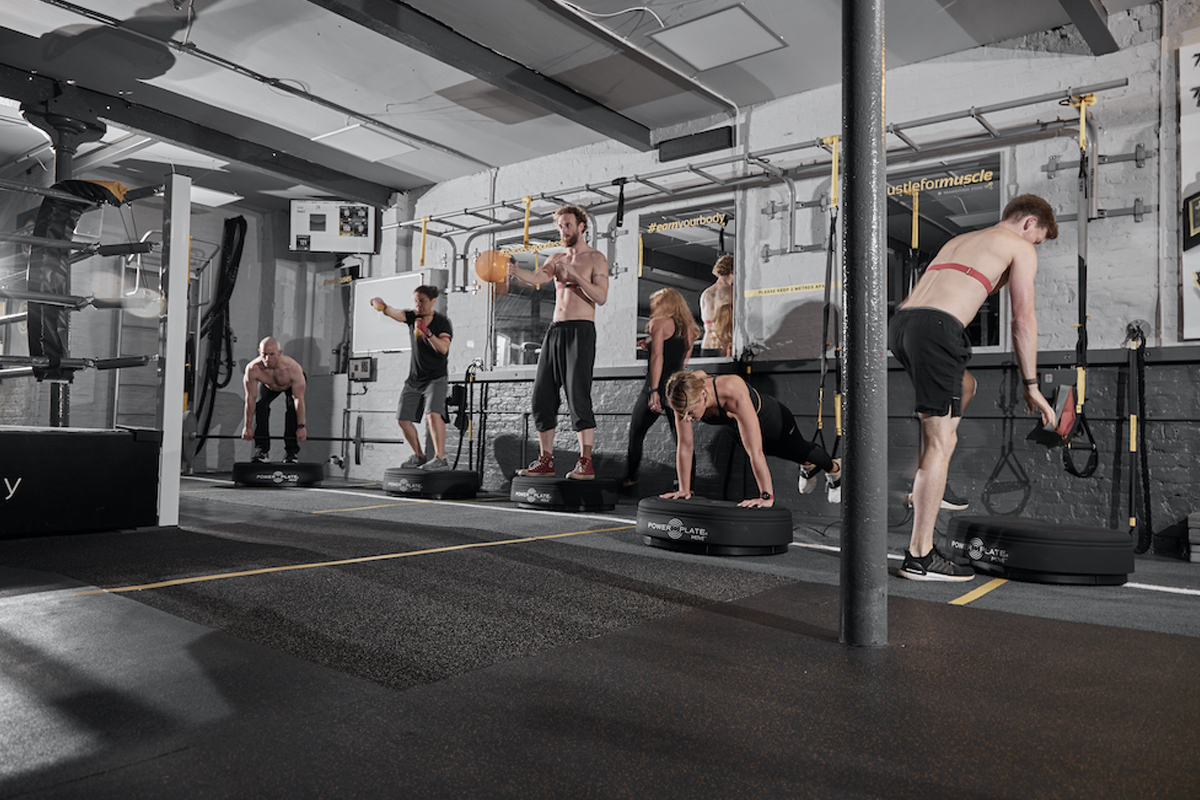
Featured Supplier

Property & Tenders
Company: Knight Frank
Company: Belvoir Castle
Company: AVISON YOUNG
Company: London Borough of Bexley
Company: Forestry England












